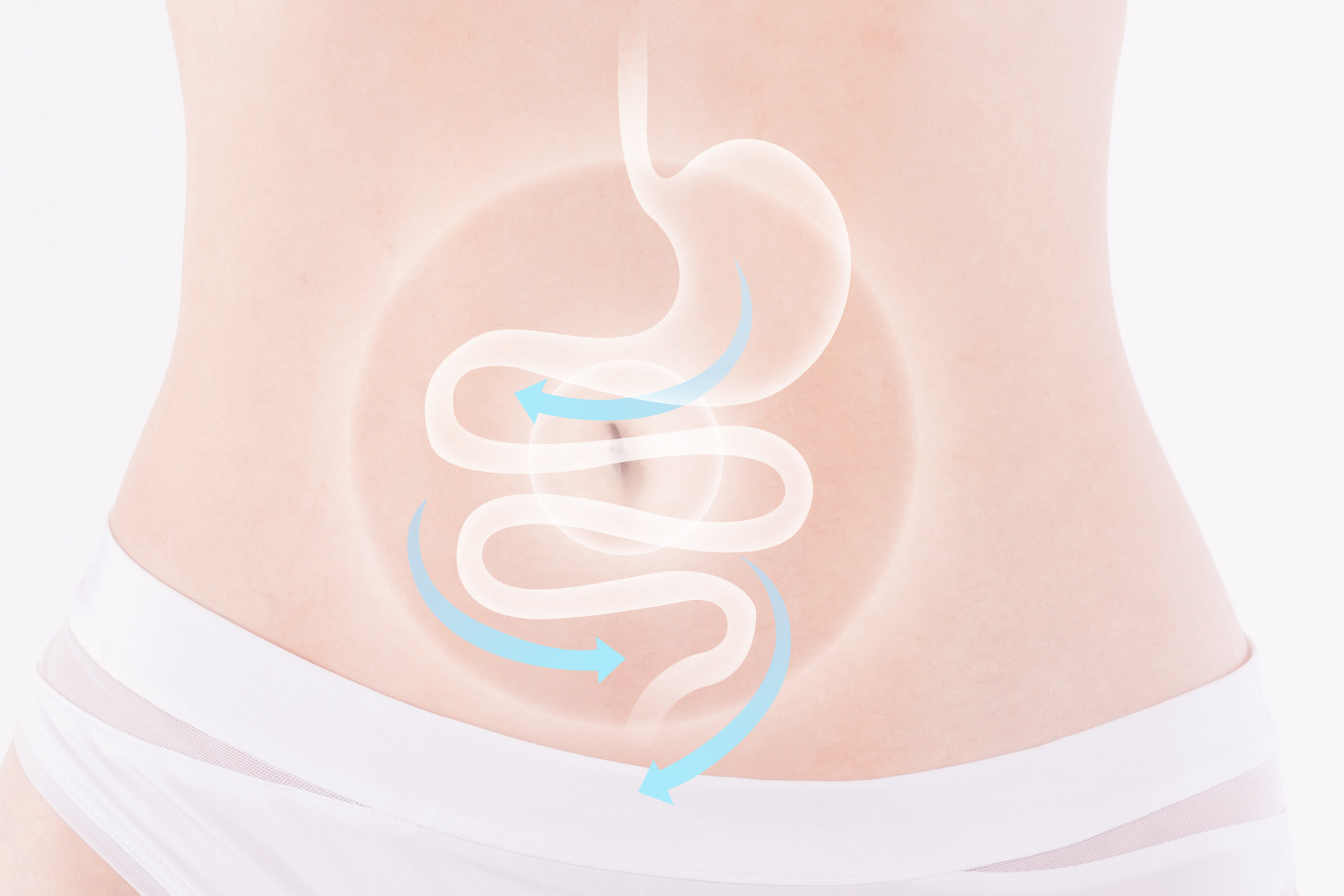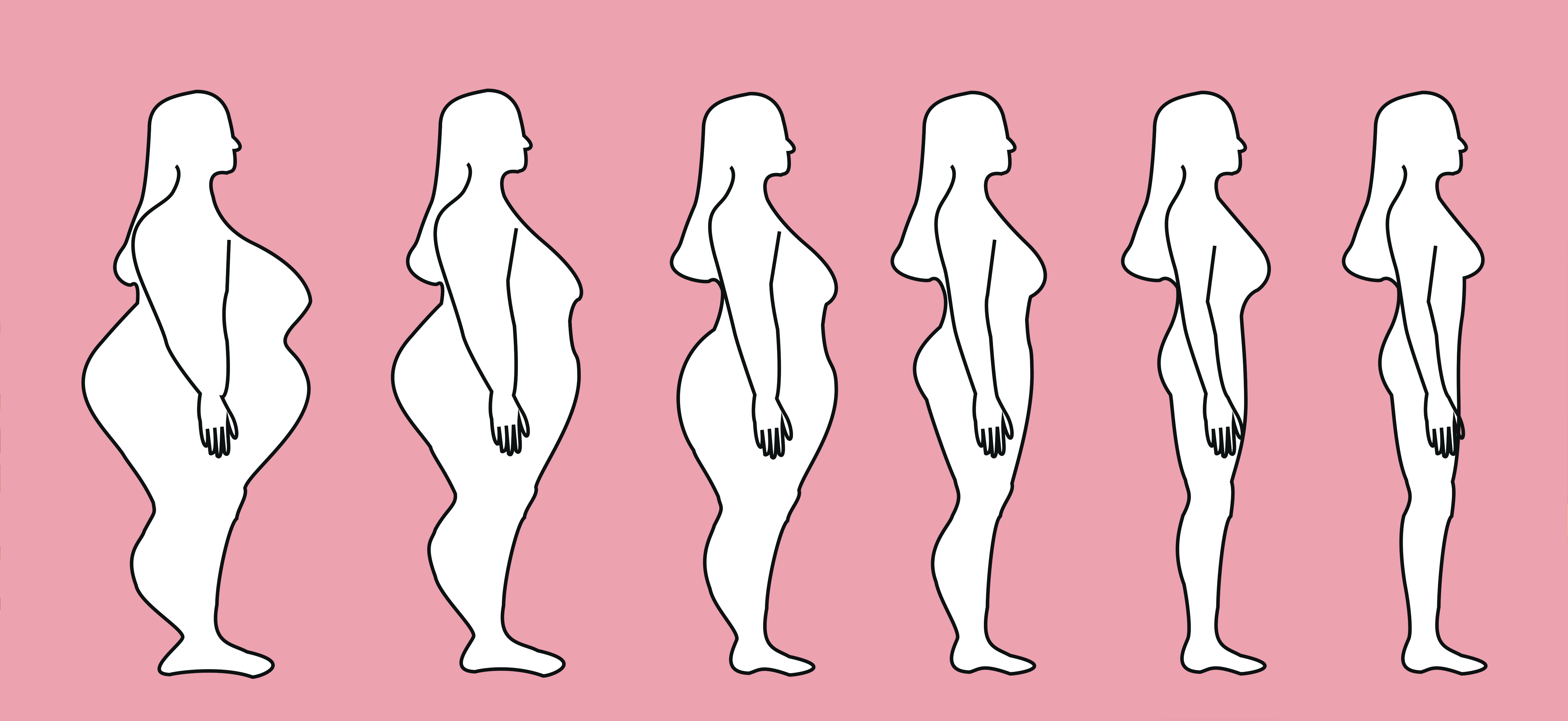In winter, do you think you don't need to lose weight? Little do you know that during the winter season, people tend to have a strong appetite, and if they're not careful, excess fat will accumulate. Losing weight essentially involves reducing calorie intake and increasing calorie expenditure. Suppressing excessive appetite is the first step in weight loss.
1. Feeling cold and afraid of the cold
According to traditional Chinese medicine, when the body lacks qi and blood or yang qi, it is prone to feeling cold and afraid of the cold. People with these conditions tend to eat more during winter to warm themselves up, often opting for spicy foods. Additionally, these individuals may engage in less physical activity due to their aversion to the cold, leading to weight gain.
2. Diabetes
Diabetes is commonly associated with weight loss and increased appetite. However, individuals with mild diabetes who are genetically predisposed to obesity may experience a strong appetite without weight loss.
3. Heat in the stomach
Consuming alcohol, enjoying spicy foods, and having a rich diet can lead to excessive heat in the stomach. Symptoms of stomach heat include increased appetite, easy hunger, bitter taste in the mouth, bad breath, and constipation. In rare cases, there may be a loss of appetite.
4. Stress
Long-term mental stress and irregular eating habits can lead to using food as a means of stress relief, affecting the spleen, stomach, and liver. This type of obesity is known as liver-stomach stagnation heat obesity, characterized by increased appetite when feeling agitated, along with irritability, headaches, and red eyes.
These factors can be addressed through traditional Chinese medicine, with the use of convenient and effective tea for long-term regulation.
Teas to suppress appetite
1. Bitter melon tea
Bitter melon tea, also known as beauty tea, weight loss tea, and blood pressure-lowering tea, has good therapeutic effects for diabetes. It can clear heat, reduce fire, and improve excessive appetite caused by stomach heat. If consumed regularly, the concentration of the tea should be reduced.
2. Astragalus and goji berry tea
This tea can replenish qi and blood, improve feelings of coldness and excessive appetite caused by qi and blood deficiency. Traditional Chinese medicine also mentions that obese individuals may have qi deficiency, and appropriate qi supplementation can help improve qi deficiency obesity.
3. Bitter gourd tea
Bitter gourd has a bitter and cold nature. It is recorded in "Compendium of Materia Medica" as having the ability to eliminate pathogenic heat. It is very suitable for reducing excessive appetite caused by stomach heat. Additionally, bitter gourd itself has the effect of promoting fat breakdown and weight loss.
4. Chrysanthemum tea
Chrysanthemum tea has a slightly cold nature and has the effects of clearing heat, detoxifying, and dispersing wind. It can improve stomach heat. In addition, chrysanthemum tea can soothe the liver and reduce liver fire, improving chest tightness, heart and lung discomfort, and dryness and heat. It is suitable for individuals with high stress, excessive appetite, and red eyes. Therefore, office workers can have chrysanthemum tea readily available.
5. Lotus leaf tea
Lotus leaf is a highly revered weight loss tea in traditional Chinese medicine. On one hand, it can clear heat and promote diuresis, addressing edema, spleen deficiency, qi deficiency, and obesity caused by sedentary lifestyles. On the other hand, lotus leaf can inhibit the body's absorption of fat, aiding in healthy fat elimination.
Therefore, excessive appetite can be suppressed. By understanding one's constitution and choosing suitable tea, combined with proper exercise to promote calorie expenditure, weight loss can be achieved more effectively.
This article is copyrighted to Sanjiu Health Group. Reproduction without permission is prohibited.












